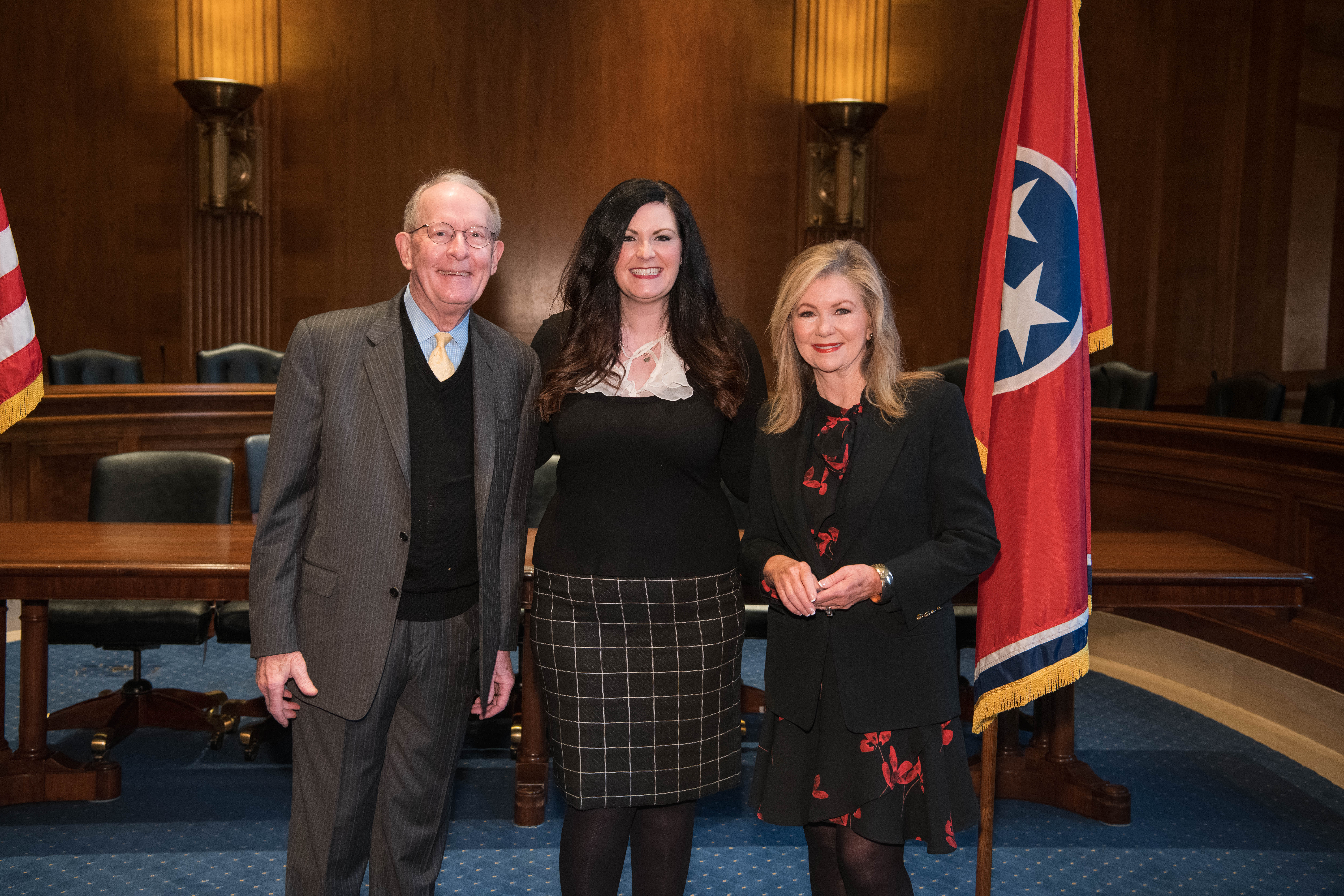 Sharon E.
Moderator Pick
Sharon E.
Moderator Pick
Consistent Terminology & Lateral Reading
In an ALA Policy Corps meeting yesterday, a member brought up the different terms we, as librarians, have for this topic: Information Literacy, Digital Literacy, Media Literacy, News Literacy, etc. They're right. We need ONE term that we use so everyone knows what we're talking about. One term to coalesce behind in order to build a strategic campaign.
Personally, I'd like to see Information Literacy (the term I currently use) integrated into the gen ed curriculum at the community college in which I work. I wrote a paper about this for an assignment last fall in my Ed.D program.
https://drive.google.com/file/d/1W6obOJ_0WsfkLOXUvspOSYYF_xFqNY1_/view?usp=sharing In the paper, I highlight lateral reading and state how it takes practice. I am a firm believer in the power of lateral reading to quickly validate the authority of a source and always teach it to my students in Information Literacy courses. Students can't be shown how to do something in a one-shot instruction, and then be expected to be able to do that going forward. These fact-checking skills should be integrated, as much as possible, into every class to maximize practice. Also, I highlight work from Project Information Literacy on the news consumption of Community College students. From their data, it's clear that students know what credible sources are, but they don't connect their importance to their everyday news habits. So, we must intentionally tell students WHY fact-checking is important and WHY establishing authority matters—in their own lives and the lives of their loved ones.
We are in a crisis of information accuracy. I'm so glad our profession is working to help solve it.


It 100% has to be incorporated into all subject areas. Teaching it one-shot or in a vacuum DOES NOT WORK!
Hi Sharon:
Your point about intentionality is an important one, I think. Intentionally telling students WHY fact checking is important.
It's a message that needs a wide audience. Any ideas about how to do that?